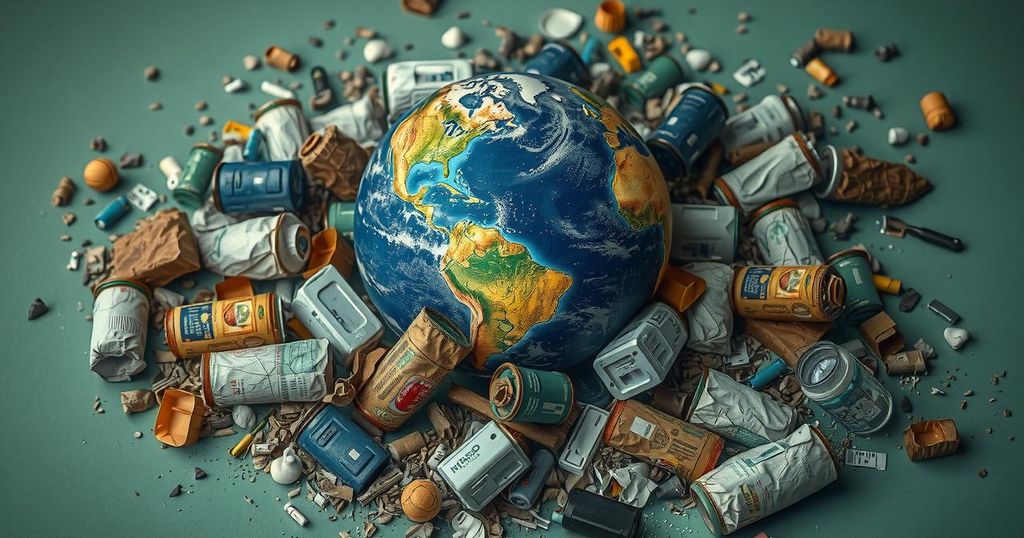Exploring the Question of the World’s Dirtiest Country: Surprising Results

A viral video quizzes individuals on the world’s dirtiest country, with many incorrectly suggesting India. The actual ranking identifies Chad as the dirtiest country per IQAir’s analysis, which shows concerning PM 2.5 pollution levels in several nations, including India.
A recent viral video poses the intriguing question: which country ranks as the dirtiest in the world? In a response poll, the vast majority of participants confidently suggested India, but the actual answer is surprising. This social inquiry was conducted by YouTuber Sumon Kais, whose video gained significant traction on platforms like X, formerly known as Twitter.
The video features a host engaging with individuals on the street, asking this provocative question and even offering a monetary reward of twenty dollars for the correct answer. While most respondents named India immediately, one individual provided a humorous diversion, remarking, “I am worried that you might be a Trump associate…”
According to the latest analysis by IQAir, a Swiss air quality technology company, Chad holds the title of the dirtiest country in the world. Their report, released on March 11, indicates that only seven countries adhered to the World Health Organization’s guidelines for PM 2.5 toxic particles by 2024. Countries such as Australia, New Zealand, Estonia, and Iceland reported yearly averages of PM 2.5 levels below 5µg per cubic meter.
Conversely, the five countries identified as the most polluted—including Chad, Bangladesh, Pakistan, the Democratic Republic of the Congo, and India—exhibited PM 2.5 levels exceeding guideline limits by at least ten times in 2024. Notably, Chad’s PM 2.5 levels were calculated to be up to 18 times higher than recommended thresholds.
In summary, the video challenges common perceptions regarding which country is the dirtiest. While many individuals immediately blamed India, research indicates that Chad actually ranks as the dirtiest country according to recent air quality assessments. This highlights the importance of understanding pollution levels globally and the measures nations must take to improve air quality.
Original Source: www.livemint.com






